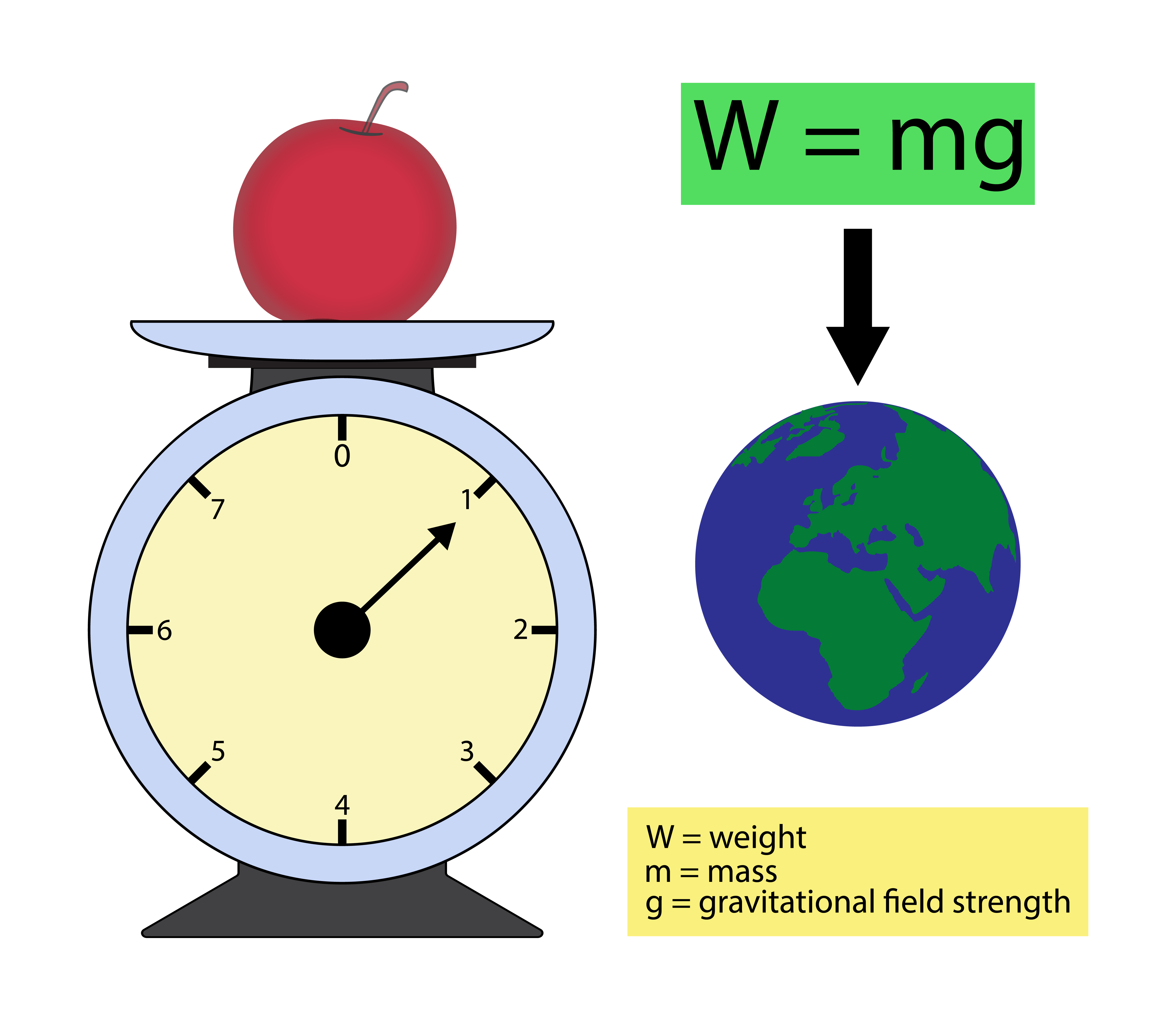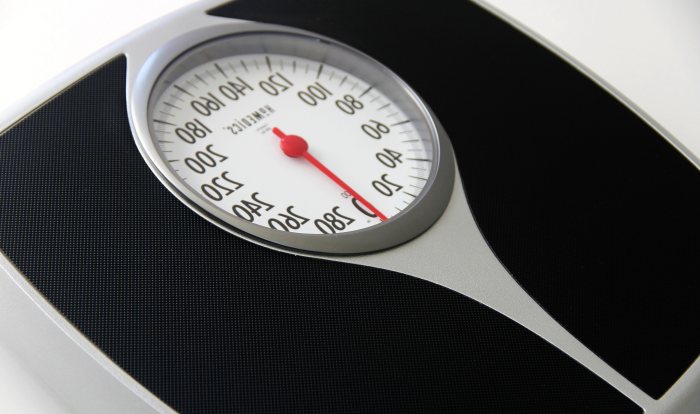Understanding Weight: From Personal Experience To Digital Narratives
Weight, a very simple word, often carries so much meaning for us, doesn't it? It's not just a number on a scale, you know, or a measurement of how much space we take up. For many, it's a deeply personal aspect of who we are, shaping how we feel, how we move, and even how others might see us. In a way, it's a constant companion through life's many changes.
Think about it, our bodies are always in motion, always changing, more or less. A fresh gain, or perhaps a slight loss, can bring about a whole host of feelings and thoughts. It's really interesting how these shifts can trigger reactions, both inside ourselves and from the world around us. So, we're talking about something that touches us on many levels, from our physical presence to our innermost feelings.
But what if we told you that the idea of weight, and how it changes, also plays a fascinating role in other places, like in stories and even in digital games? It's true! There are creative spaces where the concept of body change is explored in unique ways, offering different perspectives on this very human experience. We're going to look at some of those interesting portrayals today, exploring how weight is viewed and represented beyond our everyday lives.
Table of Contents
- The Many Sides of Weight: More Than Just a Number
- Weight in Digital Worlds: Exploring Narrative and Play
- Beyond the Screen: Real-World Reflections
- Common Questions About Weight
The Many Sides of Weight: More Than Just a Number
Weight, in its simplest form, is a measure of how heavy something is, you know? But when we talk about human weight, it quickly becomes a much more complex idea. It's tied to our health, our habits, and sometimes, to our very sense of self. People often think about weight in terms of health goals, like staying fit or feeling good. It's a rather common discussion, actually.
For some, weight changes are part of a fitness journey, or perhaps a dietary adjustment. For others, it's just a natural part of growing older or going through different life stages. It's pretty clear that there's no single story when it comes to a person's weight. Every individual has their own unique experience with it, and that's something worth remembering, I think.
The way we see our own bodies, and the bodies of others, is also deeply shaped by cultural ideas and personal beliefs. So, it's not just a physical thing; it's also a social and emotional one. This whole topic, you know, has many layers to it, which makes it endlessly fascinating to explore.
How Our Bodies Shift and Change
Our bodies are, like, constantly adapting to what we eat, how much we move, and even our stress levels. This means our weight can shift over time, sometimes a little, sometimes a lot. It's a natural process, and it happens to everyone, more or less.
A fresh gain, for instance, might be something you notice when your favorite jeans feel a bit snug. Or, conversely, a loss might mean clothes feel looser. These are just physical cues, really, that our bodies are doing their thing. It’s a pretty direct feedback system, in a way.
These changes are often a reflection of our daily lives and the choices we make, but also of things completely out of our control, like genetics or certain life events. So, there are many elements at play, which is why it's such a nuanced topic.
The Emotional Ripples of Weight
It's interesting how a change in weight can affect how we feel inside. For instance, in some digital worlds, characters, or "sims," will actually get "moodlets" when they "notice" their weight has changed. This is a pretty clever way to show the emotional impact, don't you think?
A fresh gain might be treated differently than a fresh loss, even in these simulated environments. This mirrors how real people might feel a range of emotions, from happiness and pride to frustration or sadness, depending on the change and their personal goals. It's almost as if the digital characters are experiencing a bit of what we do, too.
These mood shifts can be pretty powerful, influencing how we interact with others and how we see ourselves. So, the emotional side of weight is, like, a really big part of the whole picture, arguably as important as the physical changes themselves.
Weight in Digital Worlds: Exploring Narrative and Play
Now, let's talk about something a little different: how weight is explored in games and narrative experiences. It's a really creative space where developers can play with the concept of body change in unique ways. This is where things get pretty interesting, especially when you look at certain niche game communities.
There's a whole community, apparently, that supports expansion and "fat themed" game development. This shows that there's a real interest in exploring these topics through interactive media. It’s a testament to how diverse interests can be, and how games can be used to tell all sorts of stories, you know.
One example is a text game called "Gaining Perspective." This game, you know, is about extreme weight gain, but it tries to approach the pace of it in a fairly genuine way. This kind of game offers players a chance to experience a narrative focused entirely on this specific theme, which is pretty unique.
When Digital Selves Gain and Lose
In many games, the character you control, your digital self, can experience body changes. These changes often come with visual cues, like clothes getting tighter or looser. It's a pretty neat way to show progress or change within the game world, isn't it?
For instance, if your character gains weight, their clothes might start getting tighter and tighter. This happens until you, the player, buy a new set of clothes that fit. The same thing happens with losing weight, where clothes will start to get loose. This visual feedback is, like, a main theme in some games, for sure.
This mechanic really makes the weight changes feel real within the game. It creates a sense of consequence and progression that players can see and interact with directly. It's a very clever way to integrate the concept of weight into gameplay, actually.
Clothes That Tell a Story: A Visual Journey
The idea of clothes reacting to weight changes is more than just a visual trick in these games. It's a narrative device, you know? It tells a story about your character's journey without needing extra dialogue. It’s a visual representation of their path, in a way.
Imagine your character's favorite outfit slowly becoming too snug, or perhaps too baggy. This visual shift can evoke feelings in the player, just as it might in real life. It’s a pretty powerful way to connect the player to their digital avatar’s experience.
This focus on clothing as a key indicator of weight change is a central theme in some games, making it a very immersive part of the experience. It helps to ground the fictional changes in a relatable, everyday concept, which is pretty smart.
The Dynamics of Interaction: Feeding and Feeling
Some games delve into even more specific themes related to weight. For example, there's a game recently released on Itch.io called "Feederisim." This game, you know, allows players to perform several actions with a "feedee" character. These actions include things like feeding, rubbing, and kissing.
The game creates what's described as a "pretty crazy feedback loop" in the late game. This suggests that the actions you perform have escalating consequences, leading to significant changes for the character. It’s not necessarily a true idle game, because the subject can't gain weight indefinitely without some kind of limit or consequence.
These game mechanics explore themes like feeding, and possibly a bit of humiliation or teasing, maybe even some dominance aspects too. It’s clear that these games are exploring the social and interactive dimensions of weight change in very specific, narrative-driven ways. This kind of interaction, you know, adds a whole new layer to the concept of weight in games.
Community and Creative Spaces
It's fascinating to see how communities form around these specific interests. There's a mention of a list of resources that was becoming too large for discourse to handle properly, so it's being moved to a dedicated "wg wiki." This really shows the scale of interest and development in this niche, doesn't it?
These communities are places where people can support game development, share ideas, and discuss topics tagged with things like "furry" or other specific interests. It’s a vibrant space where creators and players come together to explore these unique themes. It's pretty cool to see how specific interests can foster such active communities, actually.
Another project spotted on Twitter, called "The Snackrooms," also suggests a creative take on these themes, which is pretty evident in its inspiration. These kinds of projects show how creators are constantly finding new ways to represent and engage with the idea of weight in imaginative settings. You can learn more about game development on our site, and also find out about community engagement in gaming.
Beyond the Screen: Real-World Reflections
While these digital worlds offer a unique lens on weight, they also, in a way, reflect back on our real-world experiences. The ideas of change, perception, and interaction are universal, even if the specific contexts are different. It's pretty thought-provoking, isn't it?
Thinking about how a "sim" gets "moodlets" when their weight changes can make us consider how our own emotions are tied to our bodies. And seeing clothes get tighter or looser in a game might make us think about our own wardrobes and how they adapt to us. These digital experiences, you know, can sometimes offer a fresh perspective on our own lives.
It's a reminder that weight is not just a physical attribute; it's something that carries social, emotional, and even narrative weight in our lives and in the stories we tell. It's a rather pervasive concept, when you really think about it.
Our Perceptions of Body Change
How we perceive body changes, both our own and others', is really complex. A fresh gain, for example, might be celebrated by one person and cause worry for another. It all depends on individual perspective and goals, you know.
The idea that a "fresh gain is treated differently" in a game highlights how even in simplified systems, there's an acknowledgment of varied reactions. This is pretty true to life, where our feelings about weight are rarely straightforward. It's a very human thing, actually, to have these varied responses.
These perceptions are shaped by so many things, like our personal history, our environment, and the messages we receive from the world around us. So, understanding weight involves looking at these many layers of perception, too.
Finding Your Own Path
Ultimately, whether we're talking about real life or fictional worlds, the journey with weight is a personal one. There's no single right way to experience it, and everyone's path is unique. It's about finding what feels right for you, and for your own well-being, you know.
Just as games offer different ways to "play" with the concept of weight, real life offers countless ways to live with and understand our bodies. It’s about personal choice and finding comfort in your own skin, whatever that might look like. This is pretty much the core message, I think.
The important thing is to approach the topic with kindness and understanding, both for ourselves and for others. Because, at the end of the day, our bodies are amazing, and they carry us through all of life's adventures. For more insights on body image, you could check out resources like the National Eating Disorders Association.
Common Questions About Weight
People often have questions about weight, and it's a topic that brings up a lot of curiosity. Here are a few common ones that might pop up:
How does weight affect mood?
Well, weight can definitely have an impact on how a person feels. Like those "sims" getting moodlets, real people can experience emotional shifts linked to their weight. It could be feelings of confidence, frustration, or even stress. These feelings are often tied to personal goals, societal expectations, or simply how comfortable someone feels in their own body. It's a rather complex connection, you know, between the physical and the emotional.
What are the social impacts of weight change?
Weight changes can, in a way, influence social interactions. Sometimes, people might experience different reactions from others, like teasing or even a bit of humiliation, as mentioned in some game themes. On the other hand, positive comments or encouragement might also come up. These social dynamics are, like, a real part of the human experience, and they vary a lot depending on culture and individual relationships. It's pretty interesting to see how these play out.
Can video games help understand body changes?
In some respects, yes, video games can offer a unique way to explore the idea of body changes. Games that show clothes getting tighter or looser, or that give characters "moodlets" based on weight, provide a simplified, interactive model of how weight can affect appearance and feelings. While not a substitute for real-world understanding, they can, you know, offer a different perspective and spark conversations about body image and personal experiences. It's a pretty creative way to engage with the topic, actually.



Detail Author 👤:
- Name : Prof. Leonard Harris III
- Username : carmella99
- Email : una.pollich@collins.net
- Birthdate : 2007-04-23
- Address : 35044 Judd Land Apt. 977 Hellerland, NH 92294
- Phone : (409) 369-4749
- Company : Little, Mayert and Muller
- Job : Loan Counselor
- Bio : Beatae qui sint sint ut hic. Voluptas eos ducimus nulla expedita possimus eveniet minus. Laboriosam sit est quia nulla.
Socials 🌐
tiktok:
- url : https://tiktok.com/@julie.howell
- username : julie.howell
- bio : Libero itaque aliquam harum dolor enim. Aut perferendis ut perferendis non.
- followers : 476
- following : 464
instagram:
- url : https://instagram.com/howellj
- username : howellj
- bio : Quo velit sit impedit ullam iste. Deleniti et suscipit qui nisi. Illum illum aspernatur eos.
- followers : 1116
- following : 2337
linkedin:
- url : https://linkedin.com/in/julie_howell
- username : julie_howell
- bio : At deleniti accusamus aut voluptas.
- followers : 3016
- following : 940
facebook:
- url : https://facebook.com/juliehowell
- username : juliehowell
- bio : Dolorem ipsam cum autem nemo.
- followers : 1079
- following : 2698